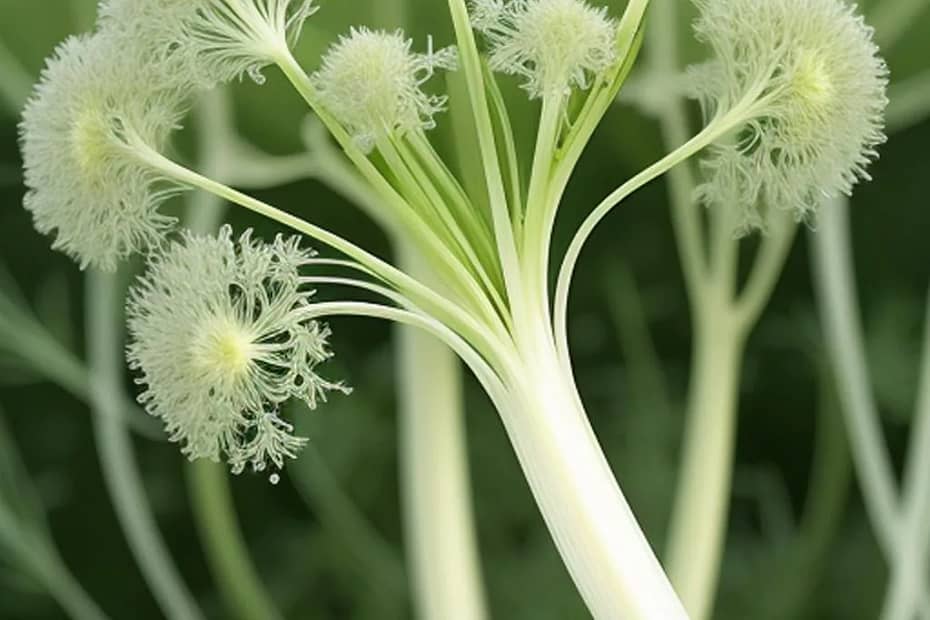While fennel itself is not typically a central character in popular stories or myths, it does play a role in certain cultural and historical narratives. Here are a few notable mentions of fennel in various contexts:
Greek Mythology – Prometheus and the Fennel Stalk
In Greek mythology, Prometheus, the Titan who gave fire to humans, used a giant fennel stalk to steal fire from the gods and gift it to humanity. He hid the fire inside the hollow fennel stalk and presented it to humans as a way to help them progress and improve their lives. As a result, fennel became associated with the gift of knowledge and enlightenment.
Medieval Legends – Protection from Witchcraft
During the medieval period, fennel was believed to have protective properties against evil spirits and witchcraft. People would hang fennel over their doorways or place it in key areas of their homes to ward off malevolent forces and bring good luck.
Culinary Folklore – Fennel and Good Digestion
In some cultures, fennel has been associated with promoting good digestion and alleviating digestive issues. It is often served at the end of a meal as a digestive aid or offered as an after-dinner treat.
Shakespearean Reference – Fennel and flattery in “King Lear”
In William Shakespeare’s play “King Lear,” there is a reference to fennel as a symbol of flattery. The character Goneril says, “I’ll speak a prophecy ere I go: When priests are more in word than matter; when brewers mar their malt with water; when nobles are their tailors’ tutors, no heretics burned but wenches’ suitors; when every case in law is right; no squire in debt nor no poor knight; when slanders do not live in tongues; nor cutpurses come not to throngs; when usurers tell their gold i’ the field; and bawds and whores do churches build, then shall the realm of Albion come to great confusion: then comes the time, who lives to see’t, that going shall be used with feet. This prophecy Merlin shall make; for I live before his time” (Act 4, Scene 2). In this passage, Goneril uses fennel as a metaphor for empty, insincere flattery.
Traditional Medicine – Fennel as a Medicinal Herb
Throughout history, fennel has been utilized in traditional medicine for various purposes. It has been used to alleviate digestive issues, colic in infants, and as a diuretic. Some cultures have also believed in its aphrodisiac properties.
While fennel’s role in these stories and folklore might not be as prominent as other mythical plants, it has left its mark on various cultural narratives over time.
Other stories?Tell us!
Source OpenAI’s chatGPT Language Models, Dalle, AI trot and Fleeky
images Picsart and MIB
Invest in your future
Take time to learn
Embark on your journey in affiliate marketing and website creation alongside an incredible community and myself. Invest in your future by dedicating time to learn and earn. Take all the time you need to master the basics before aiming higher. Give it a try and sign up for free. You won't regret it! Discover the possibilities for yourself...


